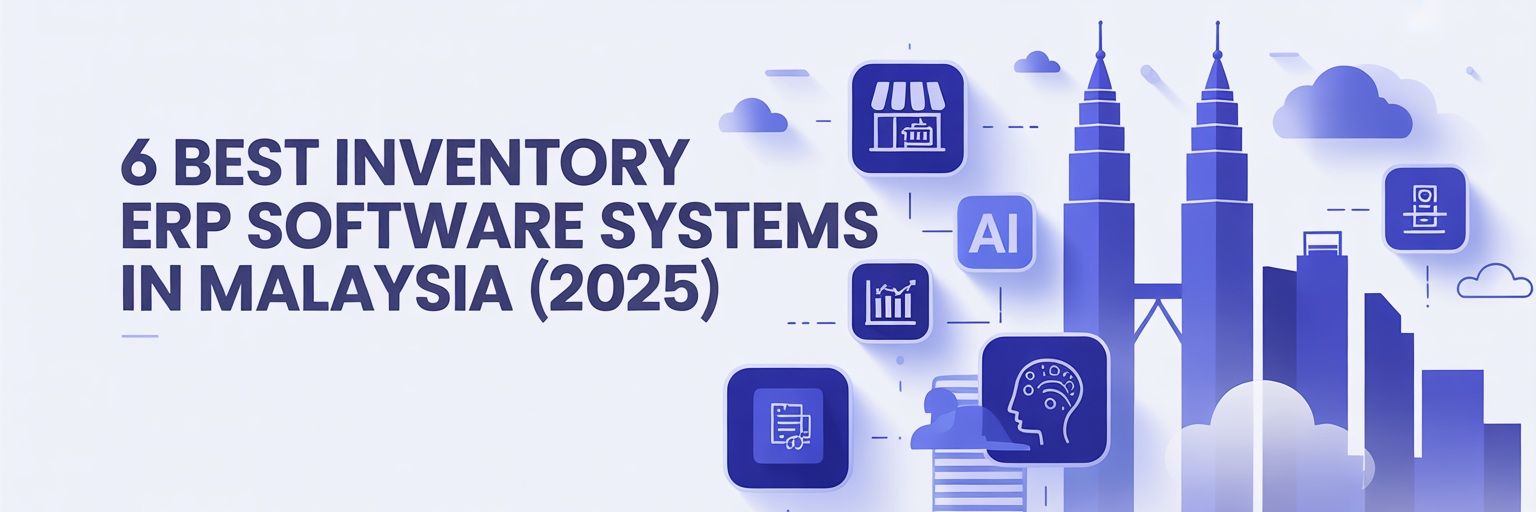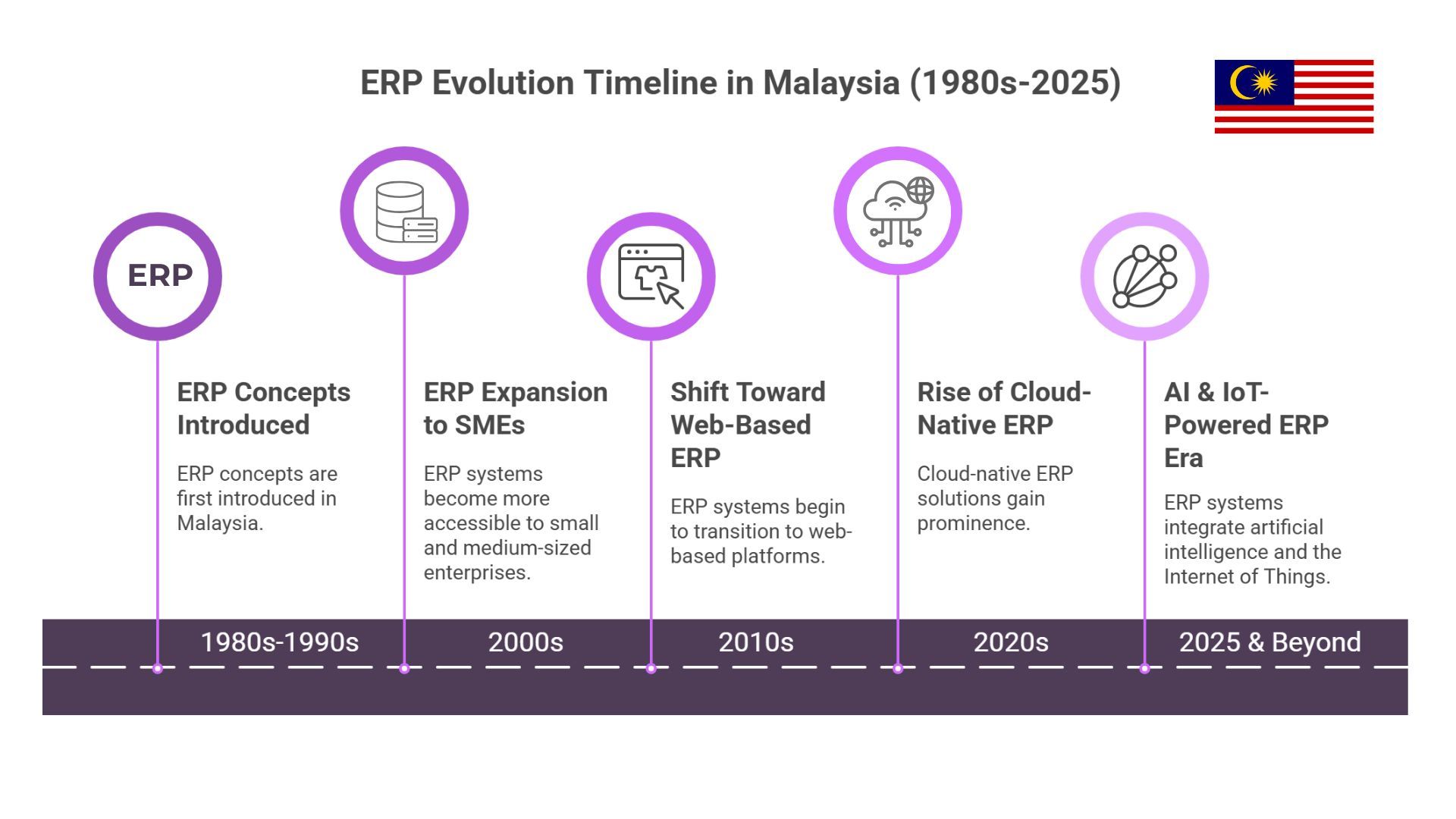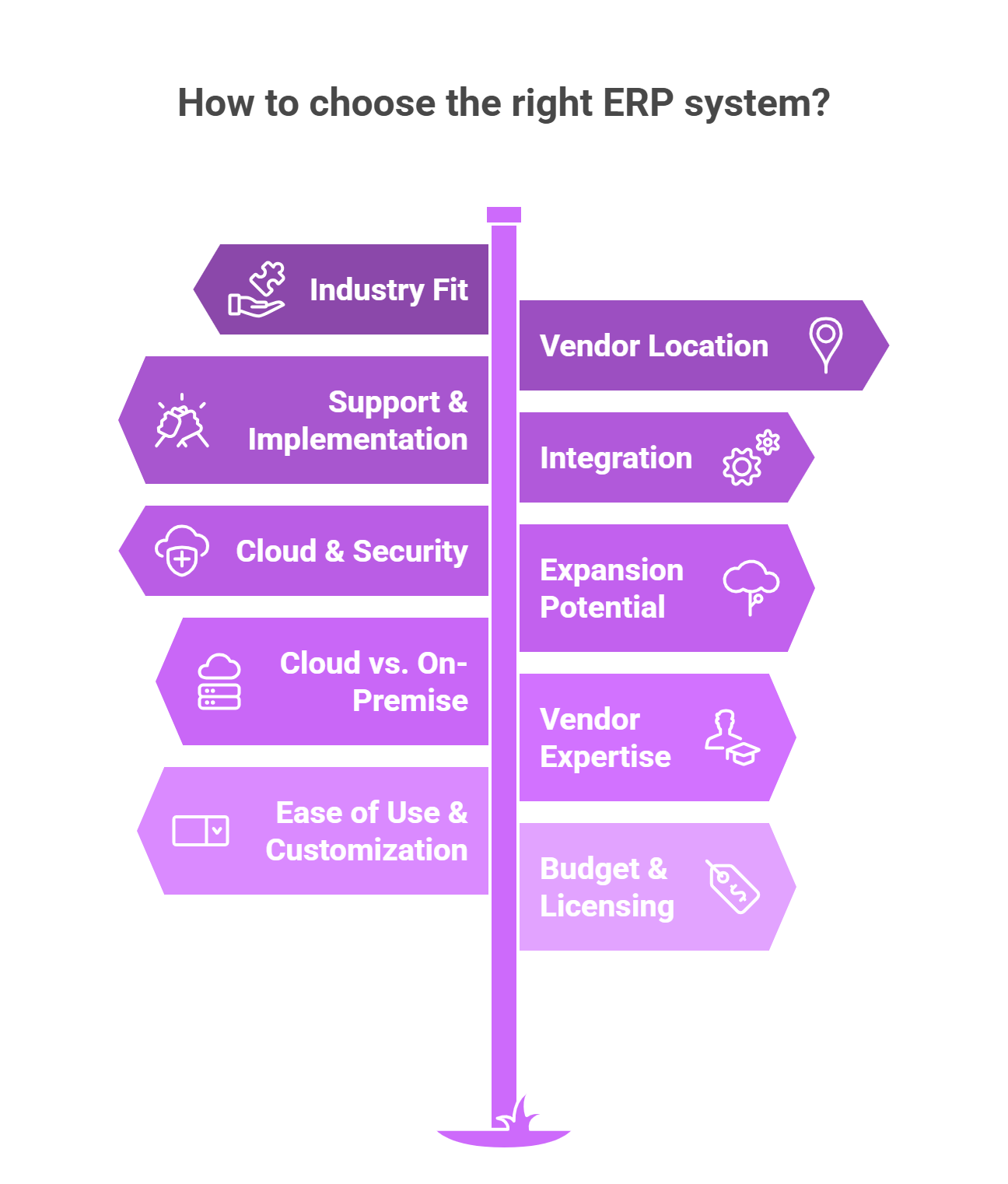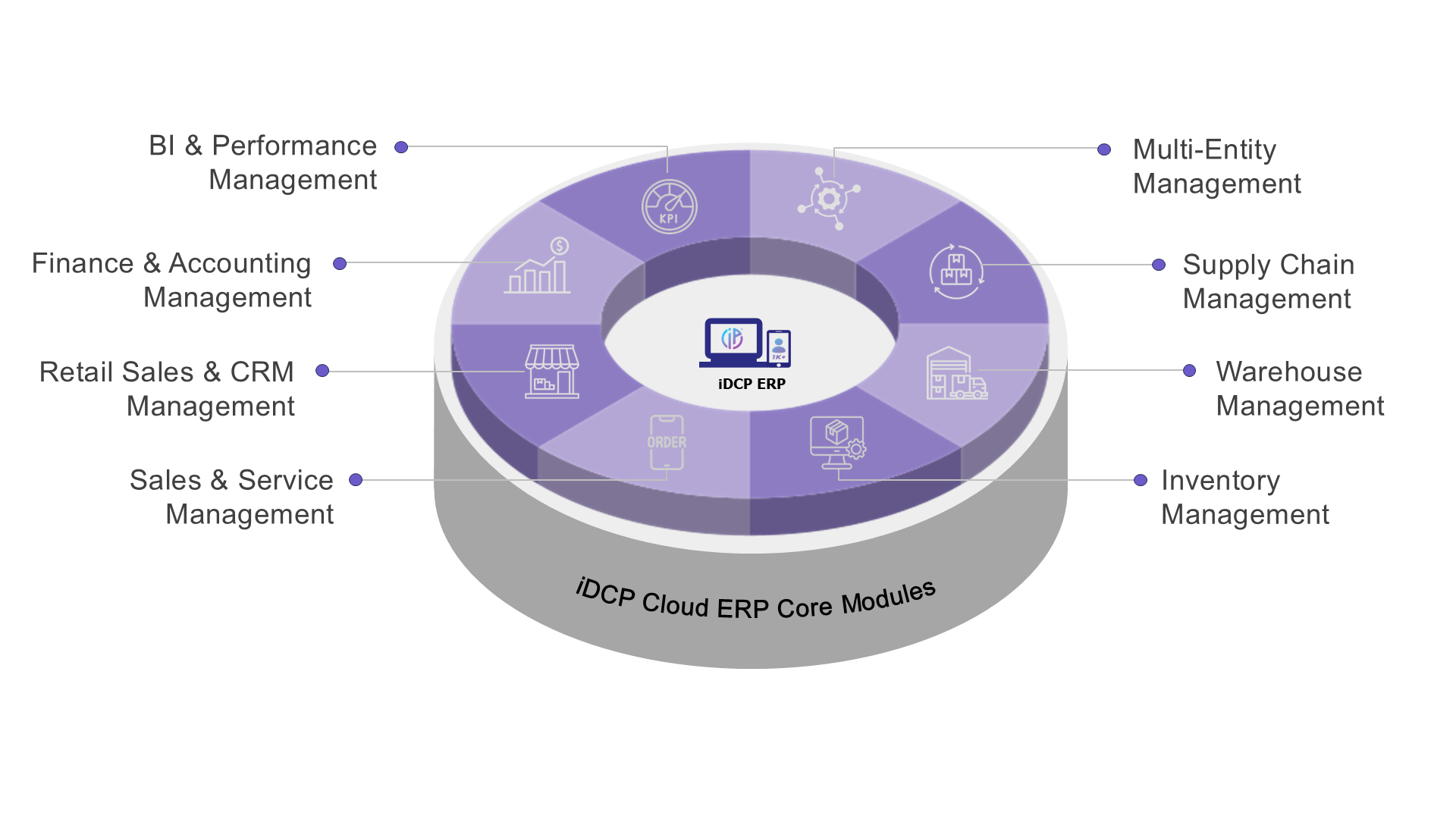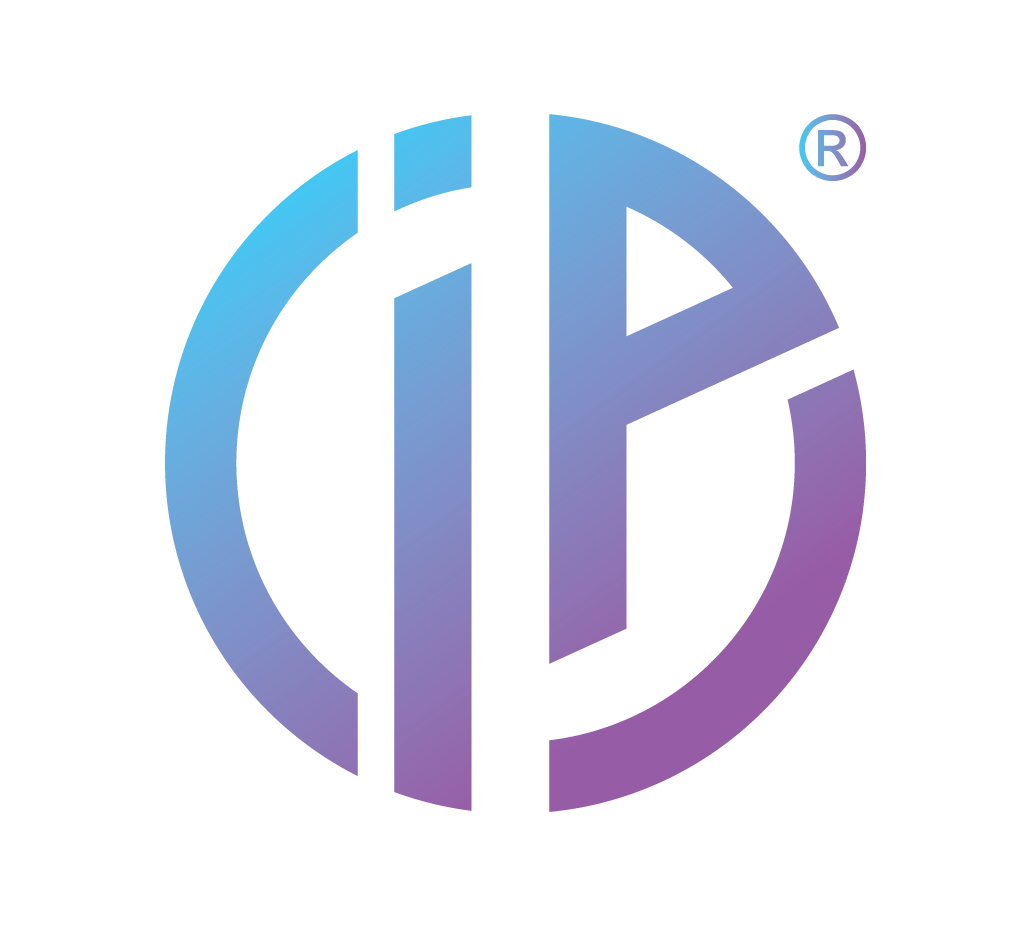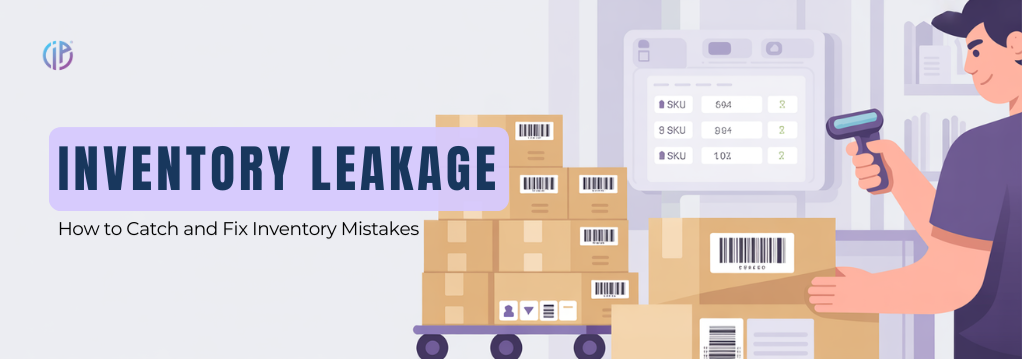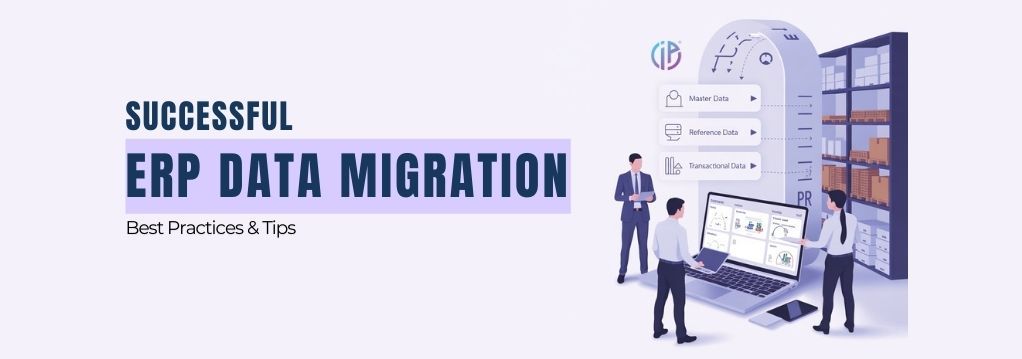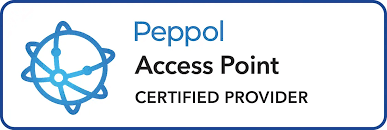Choosing an ERP system is a critical decision for Malaysian businesses, especially those managing high stock volumes, multi-channel sales, or multiple warehouses.
Below is an overview of six ERP systems widely used in Malaysia today.
1. iDCP ERP
A fast-growing cloud-based ERP system purpose-built for retail and distribution environments, featuring comprehensive modules for B2B and B2C sales, item matrix inventory control, rule-based promotion management, CRM, supply chain processes, accounting, and advanced business reporting and analytics.
iDCP is recognized with Malaysia Digital (MD) status by MDEC and has achieved dual accreditation as a Peppol-ready ERP Solution Provider and Peppol Service Provider for e-Invoicing. The system is deployed in 7 countries and supports over 6,000 users.
2. SAP ERP
A globally established ERP platform offering advanced modules for finance, inventory, sales, procurement, and production.
Strong analytics and integration capabilities make it suitable for mid-sized to large enterprises.
3. Infor ERP
Industry-driven cloud ERP tailored for manufacturing and distribution companies.
Key strengths include supply chain visibility, forecasting features, and international support.
4. Microsoft Dynamics
Combines ERP and CRM under the Microsoft ecosystem.
Seamlessly integrates with Power BI, Microsoft 365, and Teams — ideal for businesses already using Microsoft tools.
5. Oracle NetSuite
A global cloud ERP designed for multi-subsidiary businesses.
Provides end-to-end automation in finance, operations, inventory, and CRM. Widely used by regional and global enterprises.
6. Oracle JD Edwards
A robust ERP platform for complex industries such as manufacturing and large-scale distribution.
Available as on-premise or hybrid, with deep customization options.
